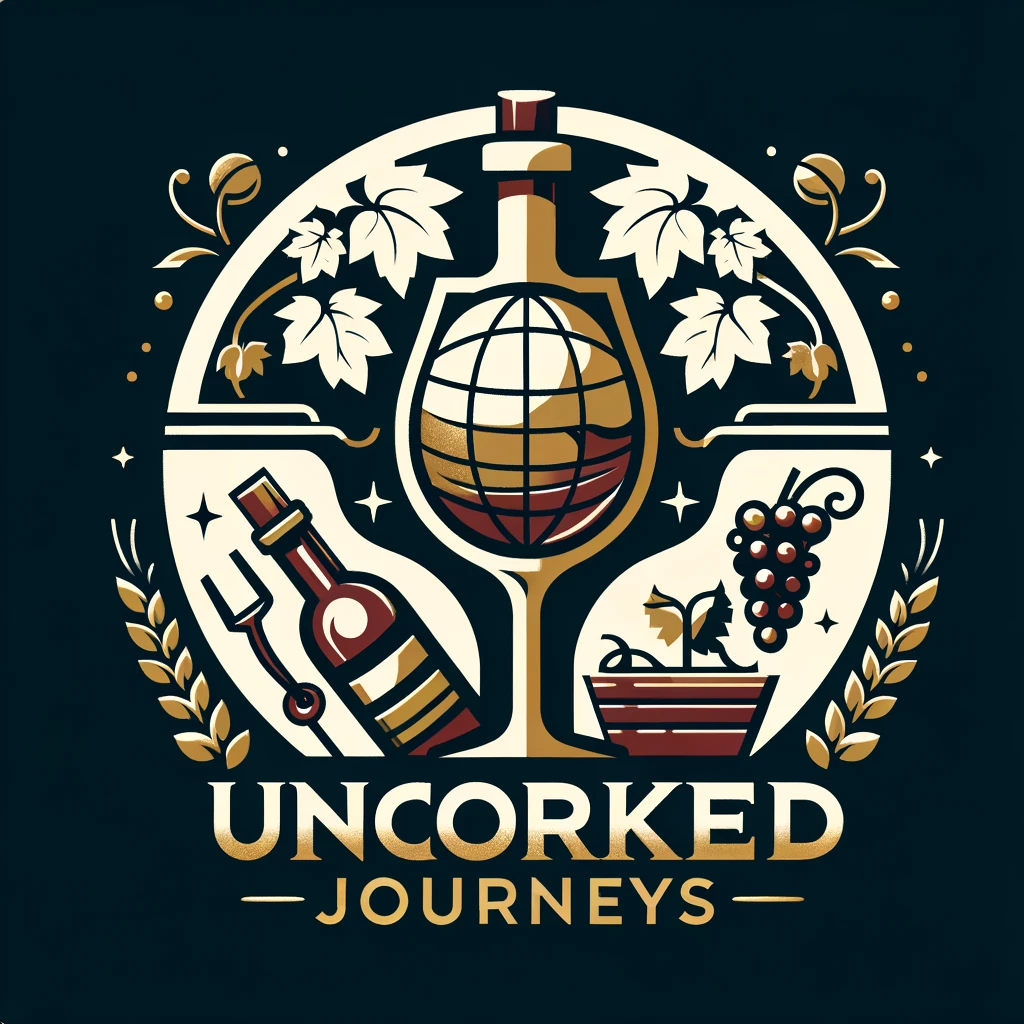The Philosophy Behind Biodynamic Wine
In the world of viticulture, a movement has been quietly gaining momentum, emphasizing a holistic and harmonious approach to farming: biodynamic wine production. This philosophy extends beyond organic practices, intertwining agricultural methods with cosmic rhythms and spiritual insights to create wines that are not only environmentally sustainable but also deeply expressive of their terroir.
Origins of Biodynamic Agriculture
The roots of biodynamic agriculture trace back to the early 20th century, when Austrian philosopher Rudolf Steiner introduced a series of lectures in 1924. Steiner's teachings proposed that farms should be viewed as self-sustaining organisms, integrating crops, livestock, and the surrounding environment into a cohesive, living system. This approach emphasized the interconnectedness of all elements within the farm, advocating for practices that enhance soil fertility and plant health without relying on synthetic chemicals.
Core Principles of Biodynamic Viticulture
At its essence, biodynamic viticulture encompasses several key principles:
- Holistic Farm Management: The vineyard is treated as a self-contained ecosystem, where all components—soil, plants, animals, and humans—interact symbiotically.
- Cosmic Rhythms: Practitioners align vineyard activities with lunar and planetary cycles, believing that these celestial forces influence plant growth and development.
- Biodynamic Preparations: Specialized herbal and mineral concoctions are applied to the soil and plants to enhance vitality and resilience.
- Emphasis on Biodiversity: Encouraging a diverse range of plant and animal life within the vineyard promotes a balanced and healthy ecosystem.
Biodynamic Preparations: Enhancing Vineyard Vitality
A distinctive aspect of biodynamic farming is the use of specific preparations, each designed to support various aspects of vineyard health:
- Preparation 500: Cow manure fermented in a cow horn and buried underground during winter months, then applied to the soil to stimulate microbial activity.
- Preparation 501: Ground quartz packed into a cow horn and buried during summer, later sprayed over vines to enhance photosynthesis.
- Compost Preparations: Mixtures of medicinal herbs like yarrow, chamomile, and nettle are added to compost to aid decomposition and nutrient enrichment.
Aligning with Cosmic Rhythms
Biodynamic viticulture places significant emphasis on the timing of vineyard tasks, aligning them with lunar and planetary cycles. The biodynamic calendar categorizes days into "fruit," "flower," "leaf," and "root" days, each considered optimal for specific activities. For instance, "fruit days" are deemed ideal for harvesting grapes, while "root days" are better suited for pruning. This practice stems from the belief that cosmic forces influence plant vitality and, consequently, the quality of the wine produced.
Certification and Standards
Wineries adhering to biodynamic principles can seek certification from organizations like Demeter International, which sets stringent standards for biodynamic agriculture. Certification ensures that the vineyard practices align with the core tenets of biodynamics, including the prohibition of synthetic chemicals, the use of biodynamic preparations, and the integration of livestock to promote farm self-sufficiency.
Impact on Wine Quality and Terroir Expression
Proponents of biodynamic viticulture assert that these practices lead to wines that more authentically express their terroir—the unique combination of soil, climate, and geography of a vineyard. By fostering a balanced ecosystem and enhancing soil health, vines are believed to produce grapes that reflect the distinct characteristics of their environment, resulting in wines with greater depth, complexity, and a true sense of place.
Global Adoption and Notable Producers
Biodynamic wine production has gained traction worldwide, with vineyards in countries such as France, Germany, Italy, the United States, and Australia embracing the philosophy. Notable producers include Domaine Leroy in Burgundy, Château de la Roche-aux-Moines in the Loire Valley, and Bonny Doon Vineyard in California. These wineries have garnered acclaim for their commitment to biodynamic practices and the exceptional quality of their wines.
Challenges and Criticisms
Despite its growing popularity, biodynamic viticulture faces challenges and criticisms. Skeptics question the scientific validity of certain practices, particularly those involving cosmic rhythms and specific preparations. Additionally, the labor-intensive nature of biodynamic farming can pose economic challenges for producers. However, many winemakers and consumers who value sustainability and environmental stewardship continue to support and advocate for biodynamic methods.
The Future of Biodynamic Wine
As awareness of environmental issues and sustainable agriculture grows, biodynamic wine production is likely to continue its expansion. The philosophy's emphasis on ecological balance, soil health, and minimal intervention resonates with a segment of consumers seeking wines that are both environmentally responsible and expressive of their origin. While debates about certain practices persist, the holistic approach of biodynamic viticulture offers a compelling model for the future of sustainable winemaking.
